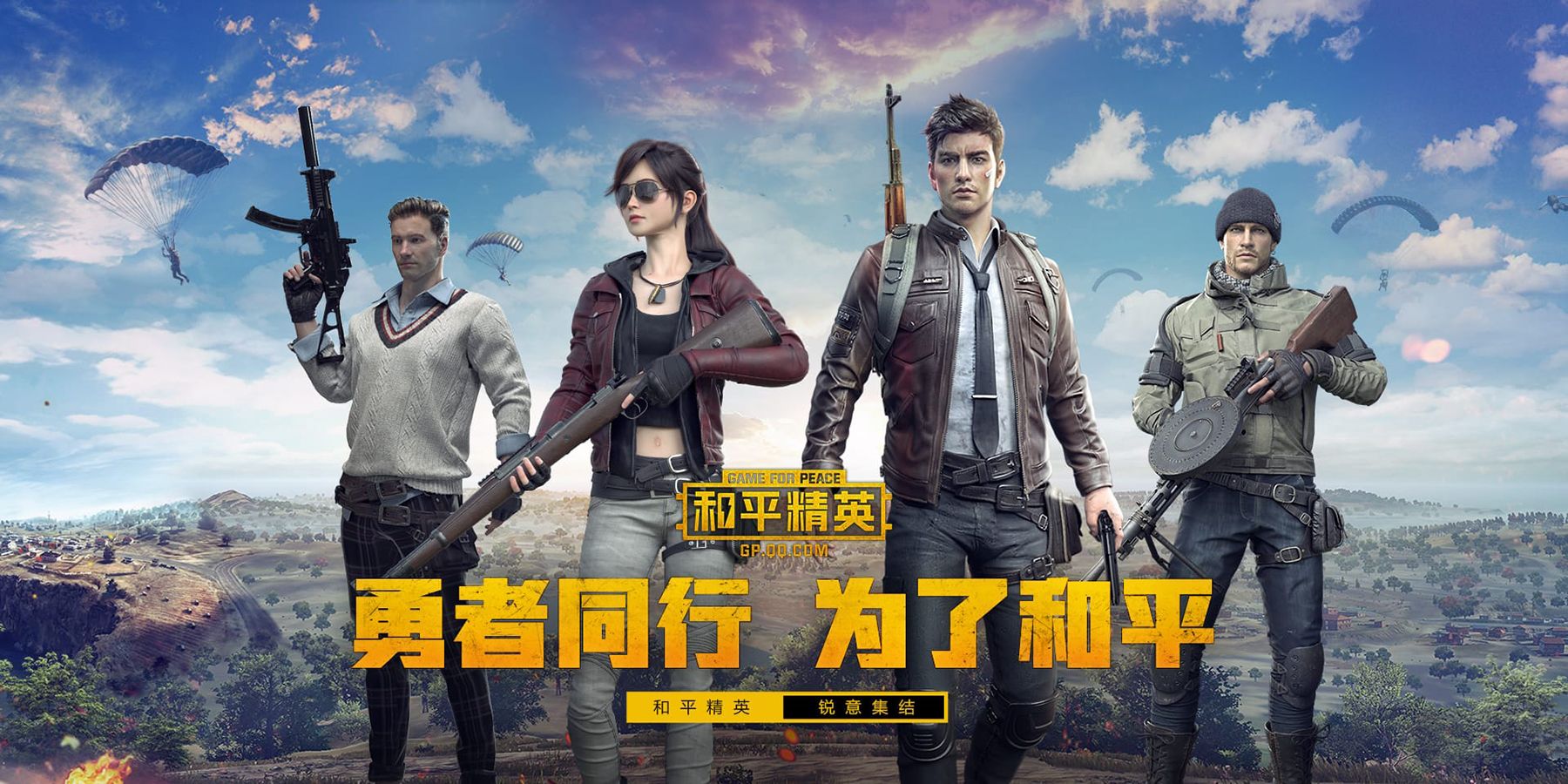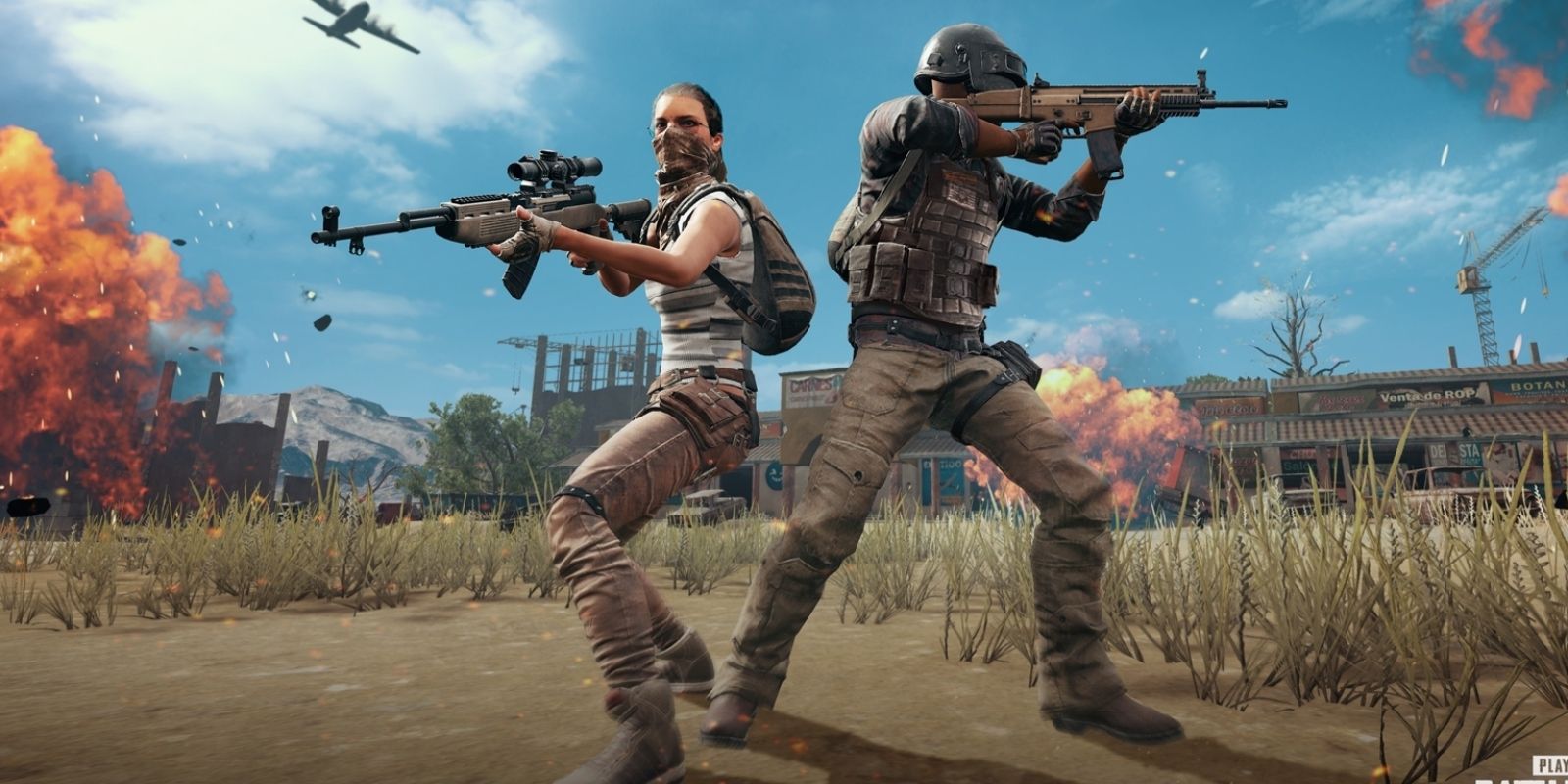PlayerUnknown's Battlegrounds has been dropped from mobile app stores in China. The Battle Royale title has been a worldwide sensation, but was only available in China as part of a trial run. Now, it has been replaced by Game For Peace, which is very similar to PUBG in a lot of ways.
Initially, PUBG was one of the pioneers of the Battle Royale genre. Breaking sales records in its staggering upward trajectory, some did wonder whether that popularity would be sustainable and eventually PUBG did lose out to Fortnite in terms of being the biggest Battle Royale game on the market. Nonetheless, PUBG is still a pretty formidable title to this day, with plenty of players across the world.
PUBG won't be making the Chinese mobile market part of its worldwide base, however. PUBG has been taken down from mobile app stores in China, as it appears as though its trial run following that initial ban last year has not been successful. Instead, it's been replaced by a title called Game For Peace, which is also released by publisher Tencent and bears some marked similarities to PUBG.
Initially, PUBG was available on mobile as a trial period, while a number of games were awaiting approval from the Chinese government as part of its strict regulations for what is available. Since monetization approval was granted for Game For Peace - a less violent, more patriotic game that "pays tribute to the blue sky warriors that guard our country’s airspace" - it seems as though PUBG mobile's days are numbered. Game For Peace appears to effectively be PUBG in another form, although Tencent has suggested that they are very different games - even though progression can be carried over from PUBG into Game For Peace.
This isn't the only time that PUBG has been banned or restricted worldwide. PUBG Mobile was banned in four Indian cities on a temporary basis, citing the way in which it was making students behave, while the game has also been banned in Nepal. With a US Senator looking to ban loot boxes and similar restrictions in place in certain European countries, it looks as though the games-as-service model for PUBG might be a difficult one to maintain long term.
From Tencent's perspective, though, the company has maintained a foothold in the extremely lucrative Chinese market. The China-based company has not always had it easy, with Fortnite also facing criticism and restrictions, but Game For Peace should allow the publisher to tap in to those wanting a PUBG-esque experience. It will need to cut back on those outrageous loot box odds, however.
Source: VICE


